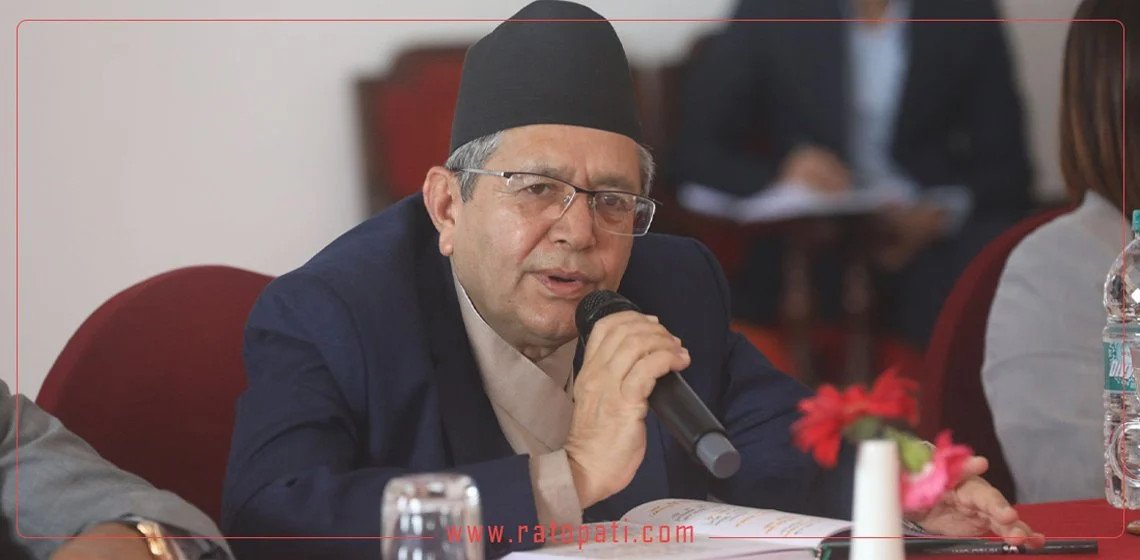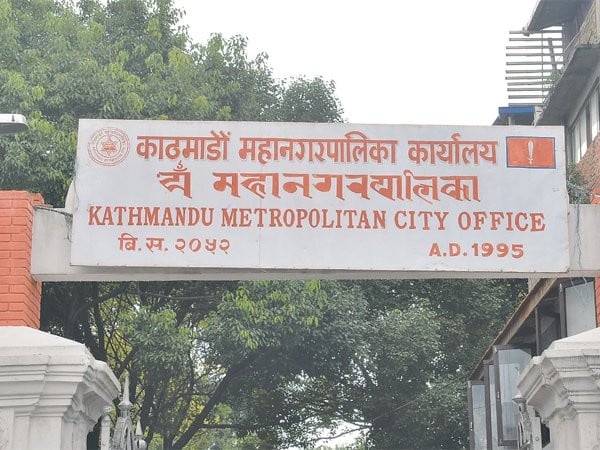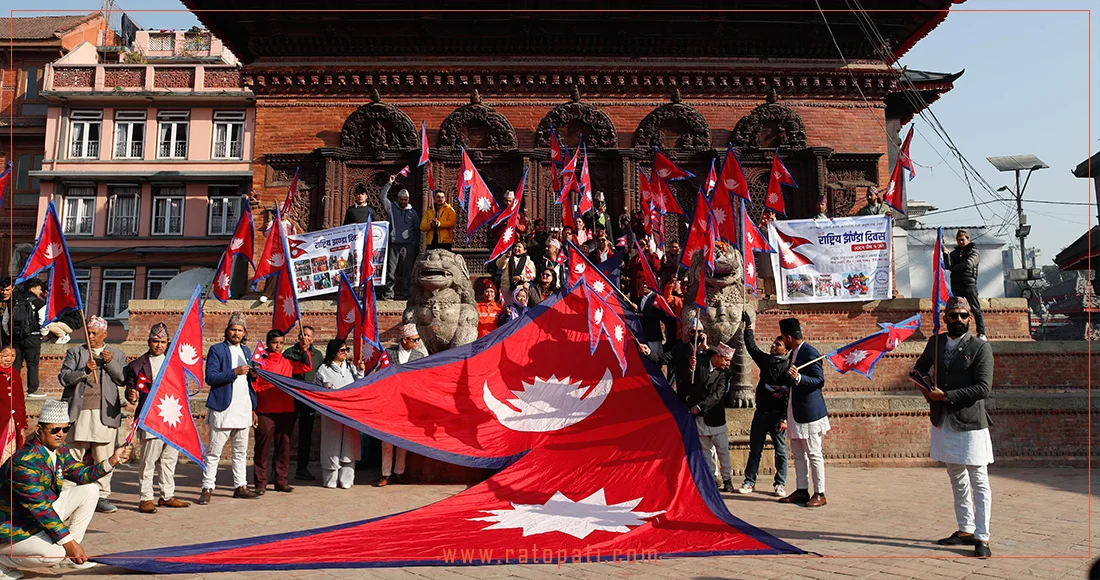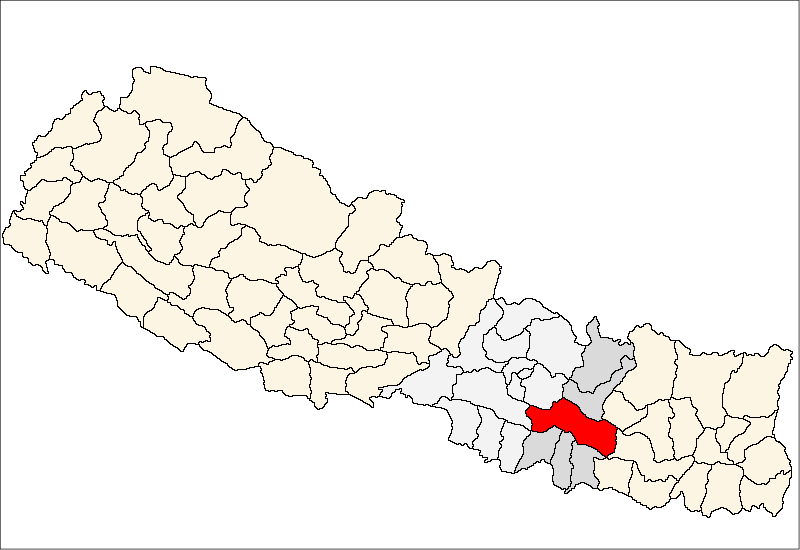Experts stress on backing up news related to climate change with scientific facts

KATHMANDU, November 10: Journalists should incorporate the related studies, research and knowledge in the news about climate change to effectively highlight the adverse impact of climate change and to address them. Knowledgeable persons on climate change gave this suggestion while addressing a programme organized by Nepal Forum of Environmental Journalists (NEFEJ) here on Tuesday.
NEFEJ had organised the interaction programme in the context of reviewing the on-site news published under the 'writing fellowship to journalists'. The fellowship was for writing news on climate change and its impact on agriculture, hydroelectricity and precipitation pattern. The fellowship was granted to three journalists in association with Economic Policy Incubator (EPI).
The review and interaction featured presentation by the experts and journalists participating in the fellowship. The experts recommended including the basic science, study and research on climate change and their findings in the news and articles the media have been regularly publishing and broadcasting.
They suggested that the news and articles would be more authentic and impactful if the scientific facts and the experience of the affected communities as well as stakeholders were embedded in them. Water resources expert Ajaya Dixit said it is the responsibility of journalists to explain to the masses the climate change phenomena and their adverse impact in a simple language.
"The media disseminate the information and the stakeholders should develop this information as knowledge," he said. Expert on landslides, Dr Ranjan Kumar Dahal argued that it is the responsibility of journalists to disseminate factual news and information on temperature, precipitation and weather forecast to the masses. He presented data which indicated to the possibility of 90 per cent landslide incidents occurring in the high mountainous region and more of such activities taking place in the western parts of the country than the eastern region. Former minister and engineer Ganesh Saha said the climate change has dealt a big blow to the food security and sovereignty.
He criticized the media, journalists and the government bodies concerned of failing to properly inform the general farmers about weather-related information. NEFEJ president Kosmos Bishwokarma urged the experts to share their knowledge related to the climate change issues to journalists in a simple and understandable way. Effective news can be produced and disseminated only with the joint efforts of both sides.
EPI programme senior advisor Keshav Acharya said they joined hands with NEFEJ with the goal of disseminating climate change issues to the public.










Leave Comment